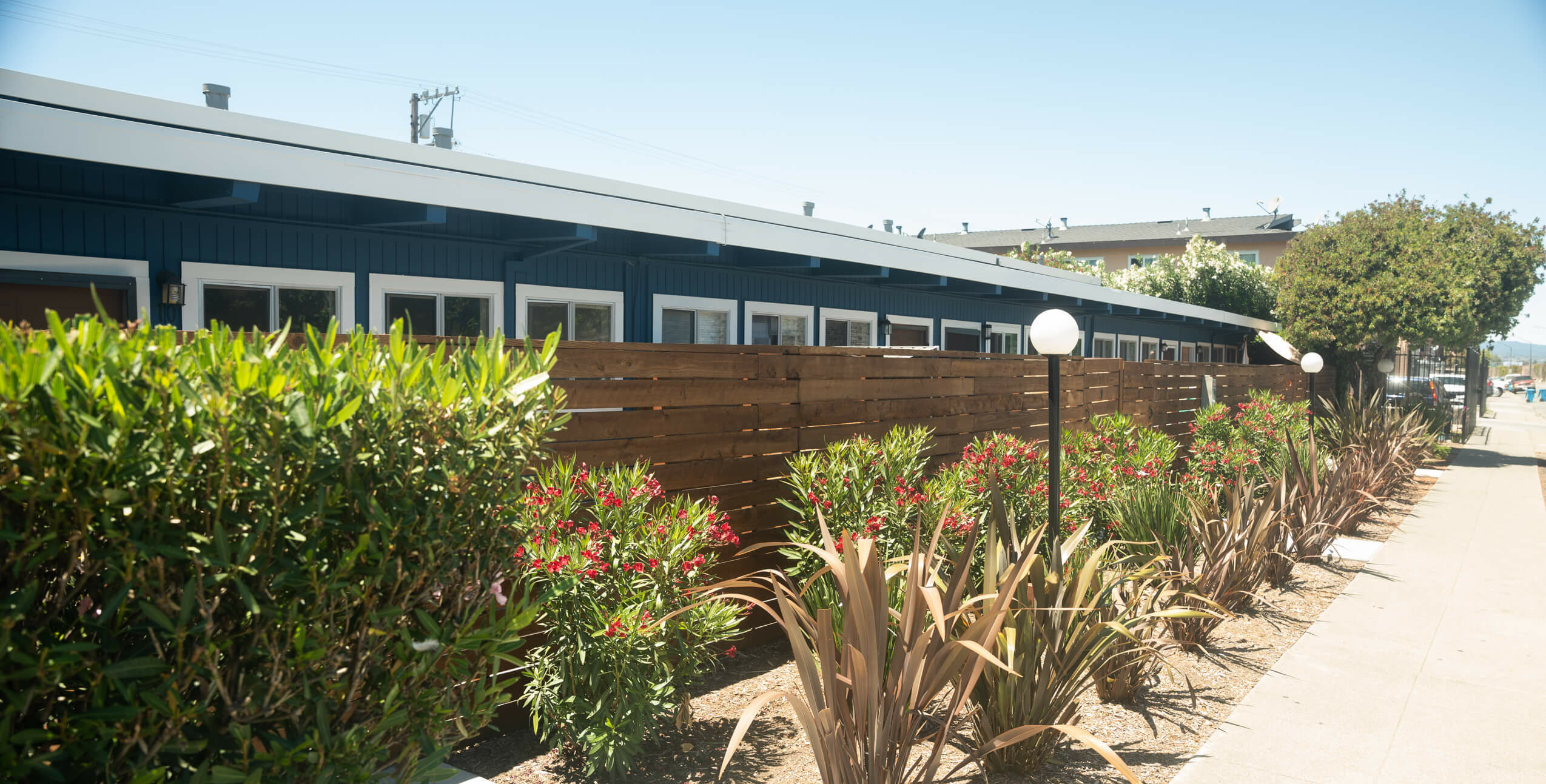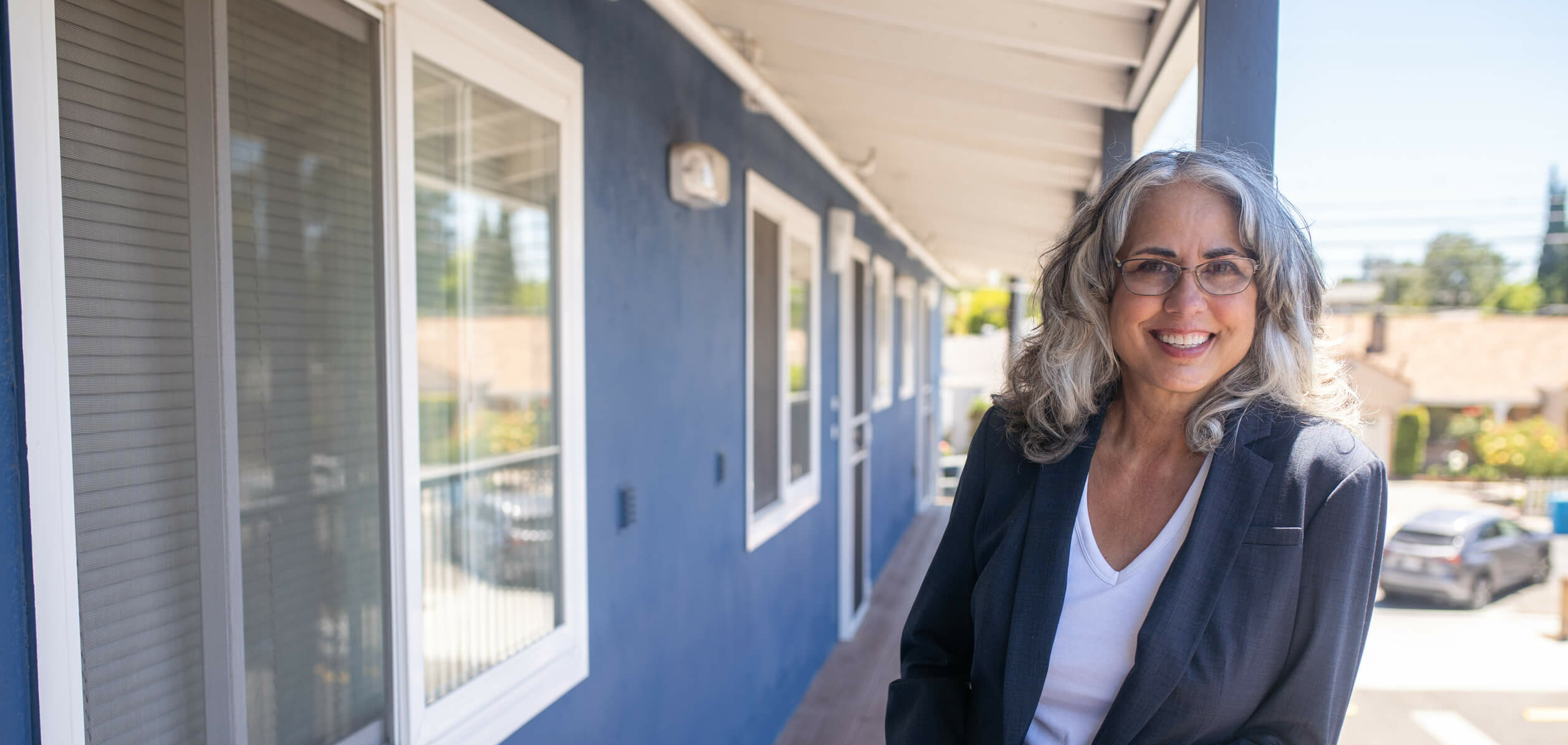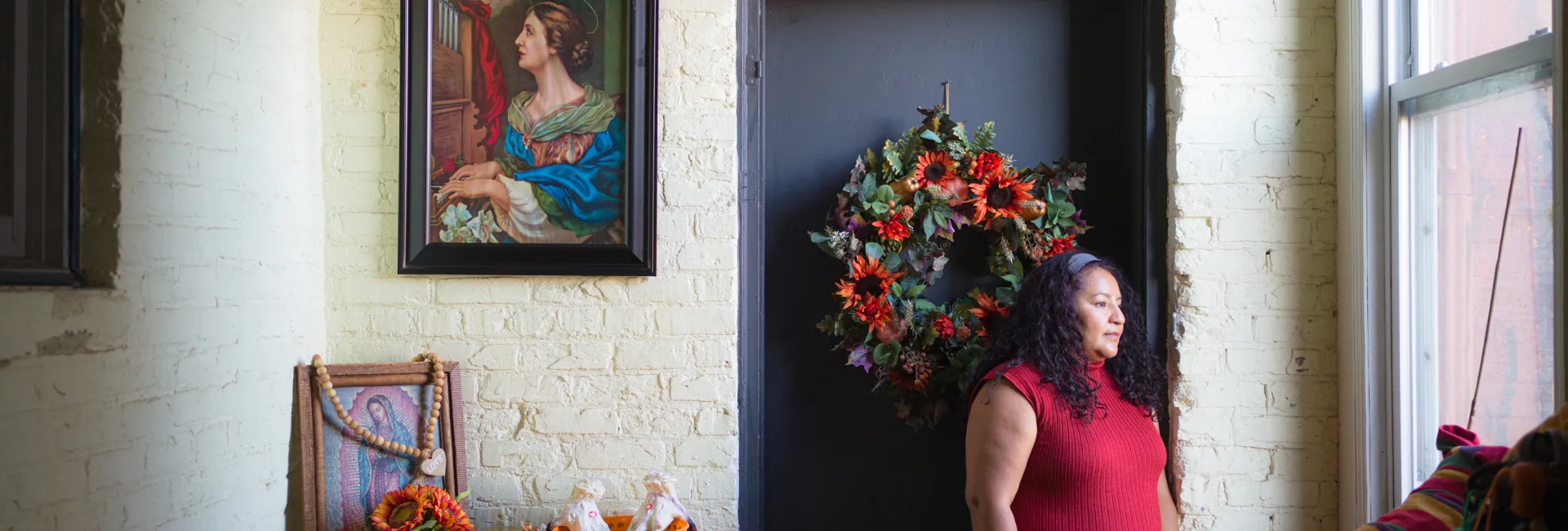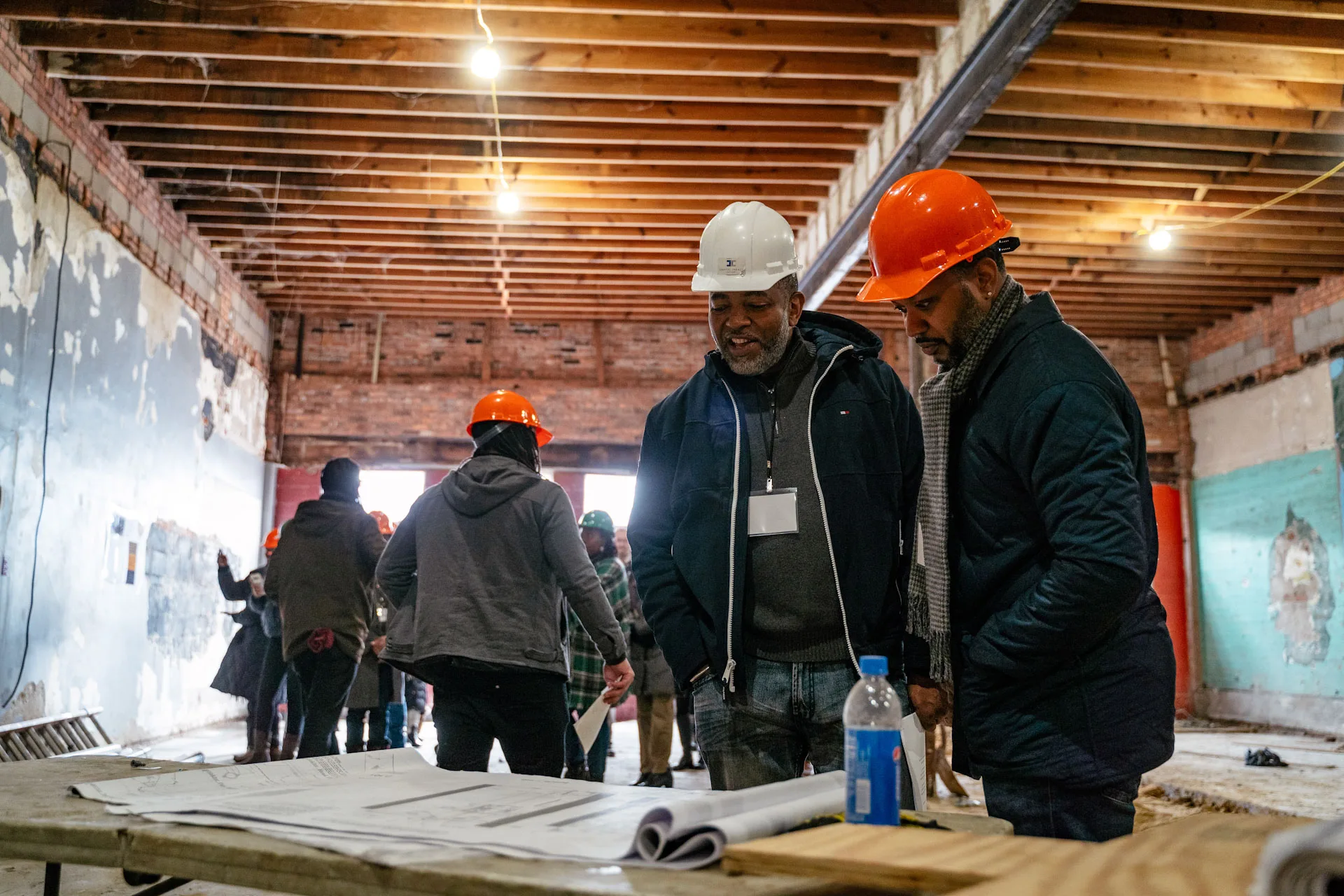News headlines tell the unfortunate story. Housing prices in the last few years have skyrocketed in many parts of the country. Not just for home buyers, but renters as well.
Some areas are seeing double-digit annual rent increases, putting affordable places to live out of reach.
In Redwood City, a gentrified community south of San Francisco and home to many tech company headquarters such as the Oracle corporation, rents are twice the national median and more than half of the households earn an income of less than 60 percent of the Area Median Income (AMI), a measure established by the California Department of Housing and Community Development.
The disparity between those who can afford housing and those who can’t is dramatic, according to Kate Comfort Harr, executive director of HIP Housing, a non-profit that provides affordable housing solutions for people in San Mateo County, where Redwood City is located.
“This area brings in a variety of highly skilled, highly paid workers and for every one of those, you bring in five service workers who really can’t afford to live here,” said Comfort Harr. “These are the same people who improve our quality of life and experiences, like restaurant workers, home health aides and teachers’ aids.”

The problem is even more extreme, Comfort Harr says, for people of color because they face greater income challenges and institutional barriers to finding housing.
In Redwood City the affordable housing issue has steadily grown more serious, in part because of limited land on which to develop new housing.
“It’s not likely we can build our way out of this problem so communities in our region are considering other strategies, including increasing housing densities along transportation corridors and re-purposing housing in more efficient ways,” said Comfort Harr.
HIP Housing’s specialty is preservation housing, where the organization purchases small apartment complexes ranging from six to 16 units and deed-restricts the property as ‘affordable” for perpetuity, thereby making it possible for low-to-middle-income residents to settle down in their own community.
Seizing a Timely Opportunity
A few years ago, a 10-unit apartment building on Rolison Road in Redwood City went up for sale. If purchased by a market-rate developer, the building would likely have been razed and replaced with high-end housing, forcing out the current tenants.
HIP Housing stepped in to try to acquire the Rolison apartments and preserve them as affordable studios. In a hot real estate market, time was not on HIP Housing’s side. That’s when the first in a series of fortunate events came into play that featured unique collaborations between private, public, and nonprofit sectors.

First, the Palo Alto-based, private Sand Hill Foundation partnered with HIP Housing to initially buy the $3.3 million Rolison building and hold it while HIP assembled the financing to purchase the apartments itself.
Second, the City of Redwood, dealing with a commercial real estate developer that was required to pay $2 million in affordable housing impact fees, proposed that the fees be diverted directly to HIP Housing to facilitate the purchase of the Rolison apartments. It was an unprecedented move and set the stage for HIP to seek financing for the remaining money required to acquire and preserve the property for affordable purposes for the next 50 years.
Shared Mission Underpins Capital Infusion
Next up, enter Capital Impact Partners, part of the Momentus Capital family of organizations. This new enterprise provides a continuum of financial, knowledge, and social capital to disinvested communities nationwide, including lending for community development real estate.
“When I contacted Capital Impact we immediately recognized a shared mission to create a lasting positive impact on people’s lives,” Comfort Harr recalled. “Capital Impact was willing to do the hard work of truly understanding what the Rolison project was all about and then make a long-term financial commitment.”
Mousa Kawwa, a Capital Impact Partners portfolio manager who guided the financing for HIP Housing, said the Rolison purchase provided yet another good platform for demonstrating what differentiates Capital Impact, a community development financial institution (CDFI) from conventional lenders.
We immediately recognized a shared vision to create a lasting impact on people’s lives…Capital Impact was willing to do the hard work of truly understanding what the Rolison project was all about and then make long-term financial commitment.
– Kate Comfort Harr, Executive Director, HIP Housing
To help make the loan possible, Capital Impact leveraged its partnership with the Partnership for the Bay’s Future, a $500 million initiative launched by the Chan Zuckerberg Initiative, along with the San Francisco Foundation, Facebook, Ford Foundation, and LISC is working to advance meaningful change that addresses critical housing needs, prevents displacement, and supports racial and economic inclusion across the Bay Area.
Through that Partnership, Capital Impact manages two affordable housing loan funds. In this case, Kawwa worked through Bay’s Future Fund to provide a $1.3 million acquisition loan to HIP Housing to support their purchase of the Rolison Apartments.
“We try to find creative, flexible ways to deliver capital to our borrower organizations to help them build communities of opportunity, particularly for low-to-moderate income individuals and families,” said Kawwa.

Comfort Harr acknowledges that real estate can be a somewhat risky investment, which makes her even more grateful for partners like Capital Impact Partners that are bold enough to take a mission-centric leap of faith.
“Frankly, given our nation’s housing challenges, I think it’s too risky not to invest in real estate,” she said. “Communities across our country are discovering it’s much more expensive to find housing for people once they’re homeless rather than keeping them housed, safe and productive.”
Like other properties the HIP Housing owns and manages, Rolison contradicts the common perception that affordable housing is unattractive, run down and noisy.
“Our housing is often the nicest on the block,” said Comfort Harr. “ We are held to very high standards. It’s important that we provide beautiful, clean, well-maintained housing so people can live in dignity.”










